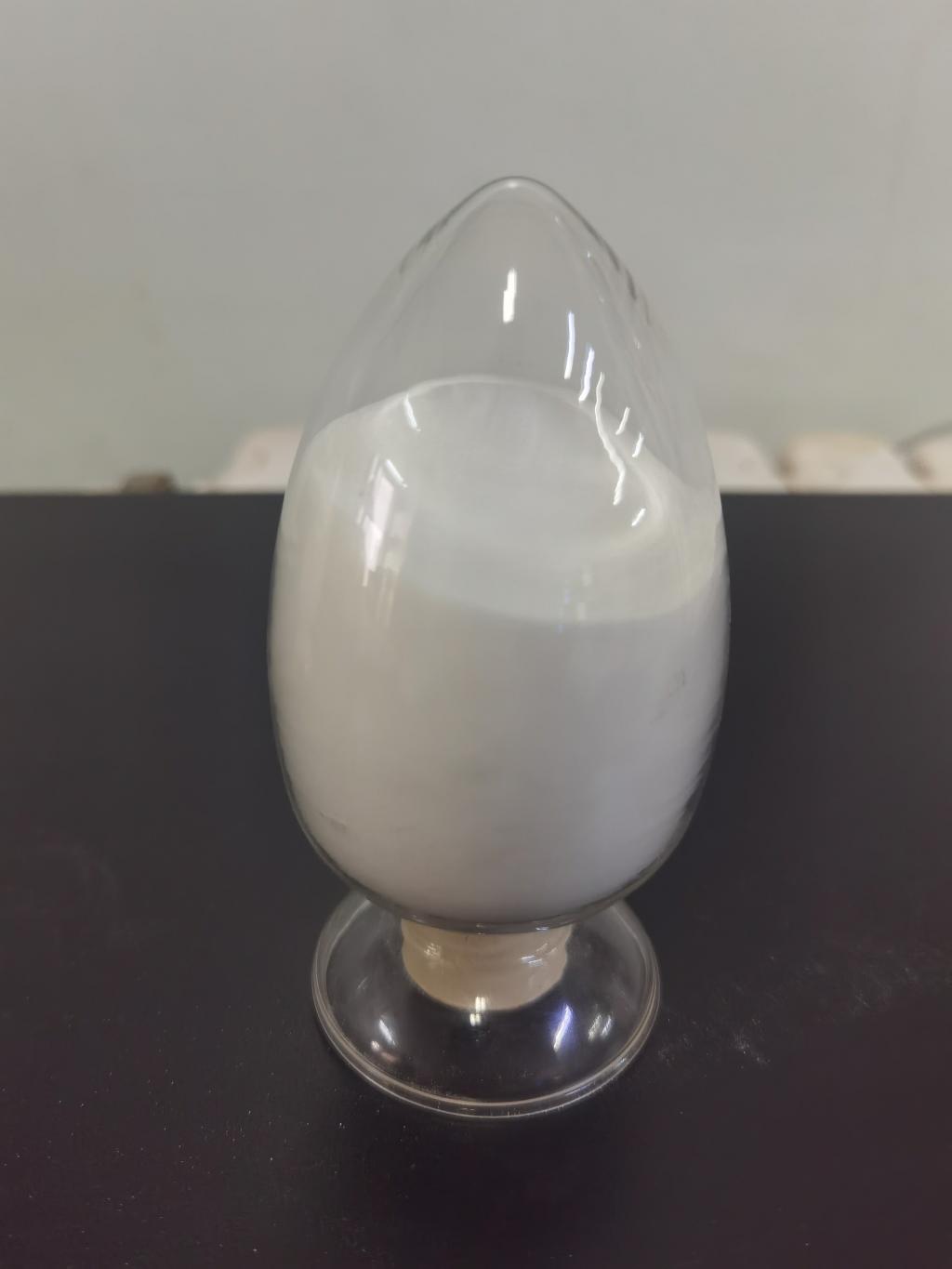Tel:+8618231198596

News
 CONTACT
CONTACT
 CONTACT
CONTACT
- Linkman:Linda Yao
- Tel: +8618231198596
- Email:linda.yao@dcpharma.cn
- Linkman:CHARLES.WANG
- Department:Overseas
- Tel: 0086 0311-85537378 0086 0311-85539701
News
Current Position:
Home >
News
>Can ε-Polylysine hydrochloride be used in plant-based or vegan food products?
Can ε-Polylysine hydrochloride be used in plant-based or vegan food products?
TIME:2023-07-20
Introduction:
The growing interest in plant-based and vegan diets reflects consumers' increasing concern for health, sustainability, and ethical considerations. To meet the rising demand for these products, the food industry must explore novel ways to preserve plant-based and vegan foods without compromising their natural and clean-label attributes. ε-Polylysine hydrochloride, a naturally occurring antimicrobial compound, offers potential as a safe and effective preservative for such food products.
What is ε-Polylysine Hydrochloride?
ε-Polylysine is a biodegradable and cationic polymer composed of repeating lysine units linked by peptide bonds. It is produced through fermentation using selected microorganisms and has been widely used in the food industry as a natural preservative. ε-Polylysine hydrochloride, the water-soluble salt form, is recognized for its broad-spectrum antimicrobial activity against various microorganisms, including bacteria, yeasts, and molds.
Regulatory Status of ε-Polylysine Hydrochloride:
In many countries, ε-polylysine hydrochloride is classified as a food additive and is approved for use as a preservative in specific food categories. Its regulatory status varies globally, and it is essential for food manufacturers to verify its approval status in their target markets before incorporating it into plant-based and vegan food products.
Benefits of Using ε-Polylysine Hydrochloride in Plant-Based and Vegan Foods:
4.1. Natural Origin: ε-Polylysine hydrochloride is derived from natural sources, aligning with the clean-label and natural food trends that appeal to health-conscious consumers.
4.2. Wide Antimicrobial Spectrum: ε-Polylysine hydrochloride demonstrates strong antimicrobial activity against a broad range of microorganisms, effectively inhibiting spoilage and pathogenic bacteria, yeasts, and molds commonly found in plant-based and vegan foods.
4.3. Biodegradability: As a biodegradable compound, ε-polylysine hydrochloride is environmentally friendly, contributing to sustainable food practices.
4.4. Heat Stability: ε-Polylysine hydrochloride retains its antimicrobial activity even under high-temperature processing, making it suitable for a wide range of plant-based and vegan food applications.
Efficacy of ε-Polylysine Hydrochloride in Plant-Based and Vegan Foods:
Numerous studies have demonstrated the efficacy of ε-polylysine hydrochloride in preserving various plant-based and vegan food products. It effectively extends the shelf life of products like plant-based meat alternatives, dairy-free beverages, vegan cheeses, and vegetable-based ready-to-eat meals. Its broad-spectrum antimicrobial action ensures safety and prevents microbial spoilage.
Impact on Product Quality:
When used at appropriate dosages, ε-polylysine hydrochloride has shown minimal impact on the sensory attributes and nutritional qualities of plant-based and vegan food products. Sensory evaluations and nutritional analyses have revealed that ε-polylysine hydrochloride does not significantly affect taste, texture, aroma, or essential nutrient content. However, it is crucial for food manufacturers to conduct product-specific testing to determine the optimal dosage that maintains product quality.
Limitations and Considerations:
7.1. Allergenic Potential: As ε-polylysine is composed of lysine amino acids, individuals with lysine allergies should avoid products containing ε-polylysine hydrochloride. Proper labeling and allergen declarations are essential to inform consumers about its presence.
7.2. Regulatory Compliance: Food manufacturers should ensure ε-polylysine hydrochloride usage complies with local and international regulations and adhere to approved dosage limits.
7.3. Interaction with Other Ingredients: ε-Polylysine hydrochloride may interact with certain food components, affecting the overall stability and efficacy. Compatibility studies should be conducted to assess potential interactions during product development.
Conclusion:
ε-Polylysine hydrochloride holds promise as a suitable preservative for plant-based and vegan food products, offering natural origin, broad-spectrum antimicrobial activity, and biodegradability. When used responsibly within approved limits, it can effectively extend the shelf life of these products without compromising their quality. Manufacturers should conduct thorough testing and consider regulatory requirements to ensure the safe and optimal application of ε-polylysine hydrochloride in plant-based and vegan food formulations. As the food industry continues to evolve to meet consumer preferences, the integration of safe and effective preservatives like ε-polylysine hydrochloride can play a crucial role in providing consumers with high-quality, sustainable, and safer plant-based and vegan food options.
- Tel:+8618231198596
- Whatsapp:18231198596
- Chat With Skype







